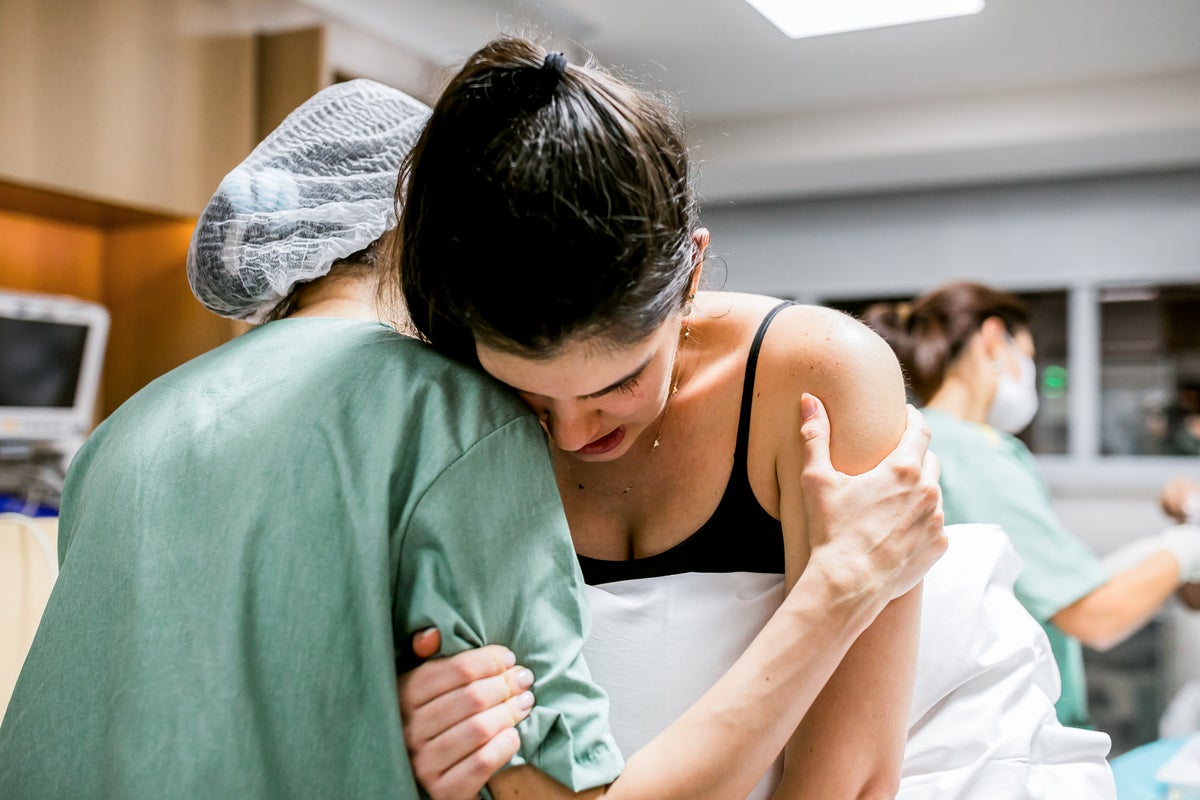
China has mandated that all tertiary hospitals, those with over 500 beds, must offer epidural anaesthesia during childbirth by the end of this year.
This initiative aims to foster a more "friendly childbearing environment" for women, according to the country’s National Health Commission (NHC).
The NHC's statement last week outlined further plans to extend these services to secondary hospitals, which have more than 100 beds, by 2027. The move comes as authorities grapple with declining birth rates in the world's second-largest economy.
In 2024, China's population fell for the third consecutive year, prompting experts to warn of a worsening demographic downturn in the coming years.
Currently, around 30% of pregnant women in China receive anaesthesia for pain relief during childbirth. This is in stark contrast to some developed countries, where the rate exceeds 70%, according to the China Daily.
The World Health Organisation recommends epidurals for healthy pregnant women requesting pain relief and it is widely utilised in many countries around the world, including France, where around 82% of pregnant women opt to have one, and in the United States and Canada where more than 67% do.
The move will "improve the comfort level and security of medical services" and "further enhance people's sense of happiness and promote a friendly childbearing environment," the NHC said.
A growing number of provinces across China are also beginning to include childbirth anaesthesia costs as part of their medical insurance schemes to encourage more women to have children.
High childcare costs as well as job uncertainty and a slowing economy have discouraged many young Chinese from getting married and starting a family.
In June, health authorities in China's southwestern Sichuan province proposed to extend marriage leave up to 25 days and maternity leave up to 150 days, to help create a "fertility-friendly society."







